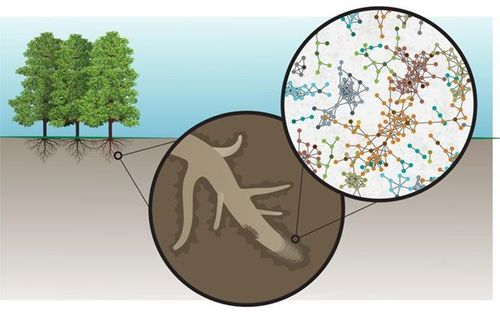ORNL: Study unearths rich data for better bioenergy crops

Scientists developed a new approach to study the molecular makeup of the plant soil environment, yielding data that can drive innovations for better energy and food crops. Image: Philip Gray/ORNL, U.S. Dept. of Energy
October 13, 2025
BY Oak Ridge National Laboratory
Advertisement
Advertisement
Related Stories
The USDA on Dec. 8 announced it will make $12 billion available in one time bridge payments to U.S. farmers in response to temporary trade market disruptions and increased production costs. The payments are expected to be released by Feb. 28, 2026.
Clean Fuels Alliance America along with the California Advanced Biofuels Alliance submitted formal comments to the California Air Resources Board following the agency’s recent public forum on biofuels and land use change.
A study commissioned by Clean Fuels Alliance America and Farmers Fueling the Future finds that California’s ILUC assumptions for U.S. soy-based biodiesel and renewable diesel are outdated lacking modern agricultural practices and current science.
The U.K. Department for Energy Security and Net Zero on Dec. 2 opened a public comment period on a common biomass sustainability framework that is designed to strengthen existing biomass criteria and ensure greater consistency across sectors.
The European Commission on Nov. 26 adopted a new Strategic Framework for a Competitive and Sustainable EU Bioeconomy, which focuses on sustainable solutions for food, health, energy, industry, the ecosystem and other services.





